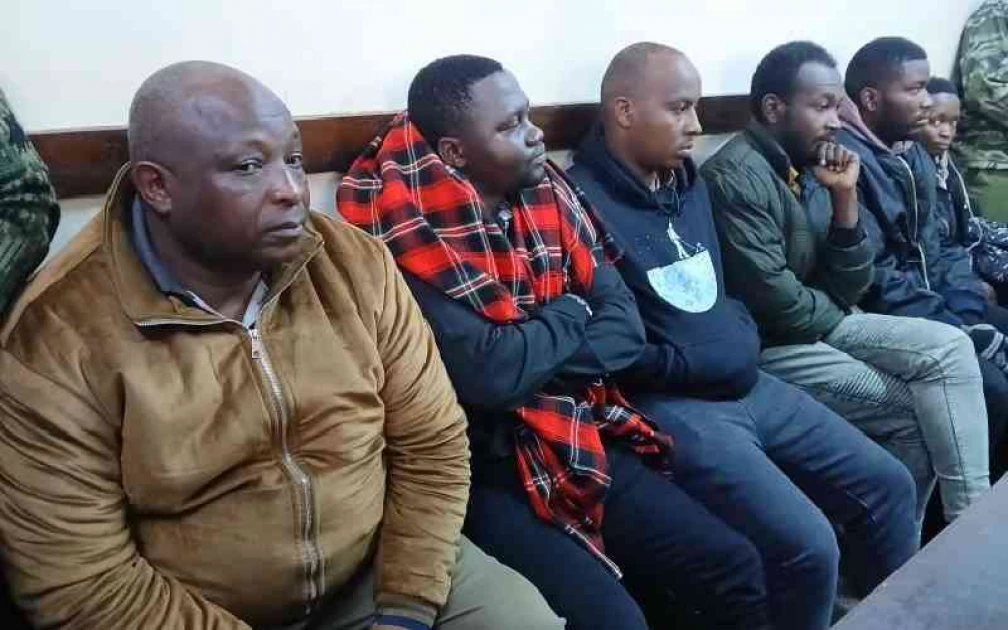- Details
- East Africa
- 379
The officers, alongside civilians John Ginge Gitau, Gin Ammitou Abwao, and Brian Mwaniki Njue are accused of jointly killing Albert Ojwang on the night of June 7th and 8th, 2025, at Central Police Station in Nairobi.
Justice Diana Kadveza ruled that the six accused persons will remain in custody until key witnesses have testified.
The court found that there were real fears of interference with crucial witnesses, particularly those serving within the police force.
In her ruling, Justice Kadveza noted that despite claims by the first and second accused that they had been interdicted, they still wielded connections and influence capable of undermining the criminal justice system.
She emphasized that the concerns raised were not speculative but grounded on genuine risks, including the possibility of tampering with CCTV footage.
The court underscored that while bail is a constitutional right under Article 49, it is not absolute.
"The gravity of the offence of murder coupled with the high profiles of the accused increase the likelihood of absconding trial," court noted.
Although the defence argued that no material evidence had been presented to prove interference with witnesses or tampering with evidence, the judge held that the balance of public interest and national security outweighed the personal liberty of the accused at this stage.
The blogger’s murder, which sparked nationwide demonstrations and condemnation, was described by the court as a matter of significant public concern that required careful balancing of justice and order.
The bail application was therefore dismissed, with the court directing that the accused remain
"The application of bail is declined at this stage until the witnesses at the central police station have testified in custody until witnesses based at the Nairobi Central Police Station testify," court ruled. By Dzuya Walter, Citizen






